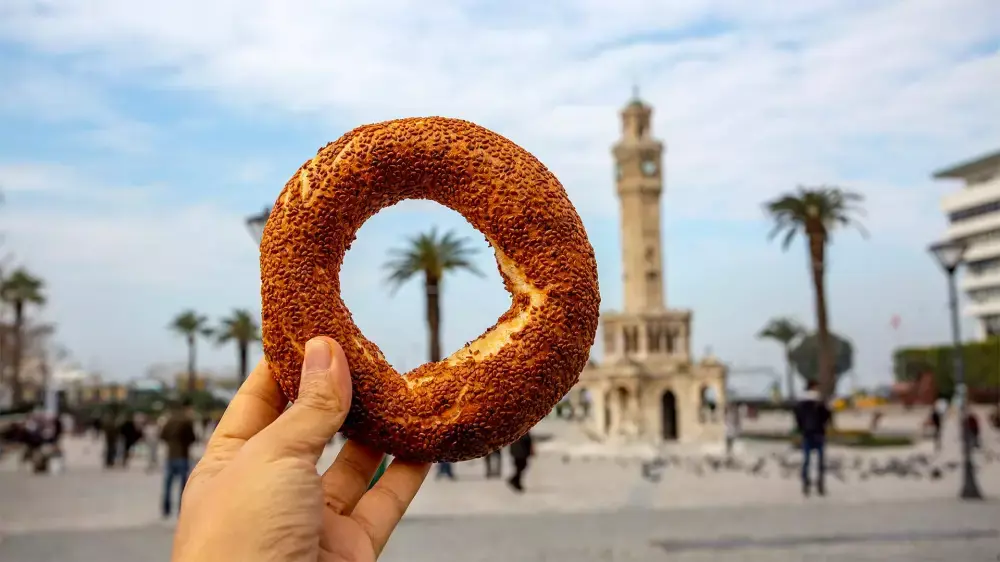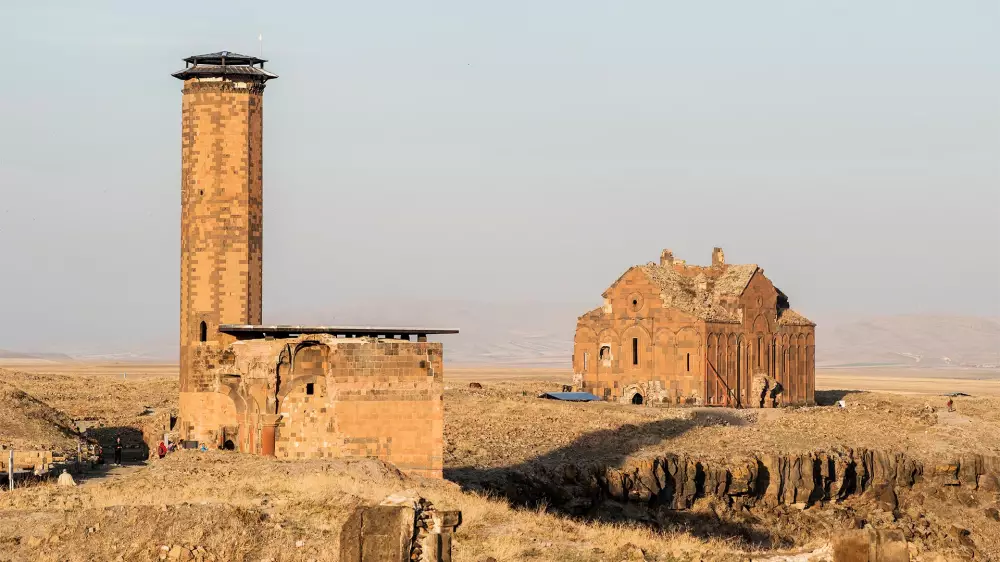
Simit or Gevrek? Here are the words spoken differently in Izmir
Greetings from İzmir, the pearl of the Aegean region, apple of our eye, our faithful friend. It is such a wonderful city that it also has its own dialect. How, you would ask? It is a dialect specific to the region characterised with eccentric pronunciation and with nomenclature more different than the ones in standard language as we often see in social media in recent time with a light smile on our face. Here are some of the expressions from the parlance of our beloved Smyrnian people!
1- Çiğdem / Sunflower Seed
Let’s make one thing quite clear; eating sunflower seeds is an indispensable evening routine for Turkish people. They sit in front of the TV set to recover from day’s stress, with a teapot of tea and fruits, eat sunflower seeds. But the people from Izmir, this nice people, thought it is not good to call this dried fruit çekirdek (seeds) as in the standard Turkish, but call it instead çiğdem. Our sincere compliments.
2- Domat
This is in fact very simple for Turkish speaking people, but let’s tell you anyway what it is all about. Do you know the domates (tomatoes) that work up our appetite with its nice aroma in summer months, consumed fresh with cheese, olives or anything else? Yes, these tomatoes called domates in THE standard language are simply called domat in this city. Domates or domat, no problem; the main thing is that it is organic and healthy. It is good old tomato, in any case!
3- Dari
No, no, this is not the millet we give to birds; this is in fact the corn that attracts us especially at seaside resorts with its fragrant milky flavour, our dear corn that we eat freely while still warm with its water dripping down our chins. Here it is called darı, not mısır as in the standard language, and the corn seller is called here darıcı, not mısırcı as elsewhere. Just keep it in mind.
4- Gevrek
Everybody has probably heard about it, but still, we felt we should mention it. The crispy simit (bagel), held in high esteem at a rapid breakfast and loved by students who try to live on limited means is called gevrek here. Please never say ‘’this is the simit we know’. It becomes into gevrek as soon as you arrive at the boundaries of the province of İzmir. Please keep it in your mind.
5- Yemiş
We are now talking about the fig with honey flavour; the more one eats it, the more one wishes to eat. We find it also in proverbs: planting a fig tree at one’s home means ruin one’s family. yes, it is interesting, we know, but this is what it is. İncir (fig) is called yemiş in İzmir.
…………
As we told you at the outset, this city has a dialect entirely specific to İzmir. Instead of mentioning all the specific expressions, we give you a short list. Here they are:
Sigorta (fuse) is called asfalya in İzmir,
The water front or promenade is called kordon,
Kitchen counter is called bango,
Misket (marbles) – formerly called bilye – is called meşe here,
Mandalina (mandarins) is called mandalina,
Otogar (bus terminal) is called garaj,
Beyaz leblebi (white chickpeas) is called nohut,
Turşuluk biber (peppers for pickle) is called tuşka,
Kırmızı -kapya- biber (Cayenne pepper) is called şişarka,
Yıllık (almanach) is called andaç and
Ayçöreği (croissant) is called pastiç.



